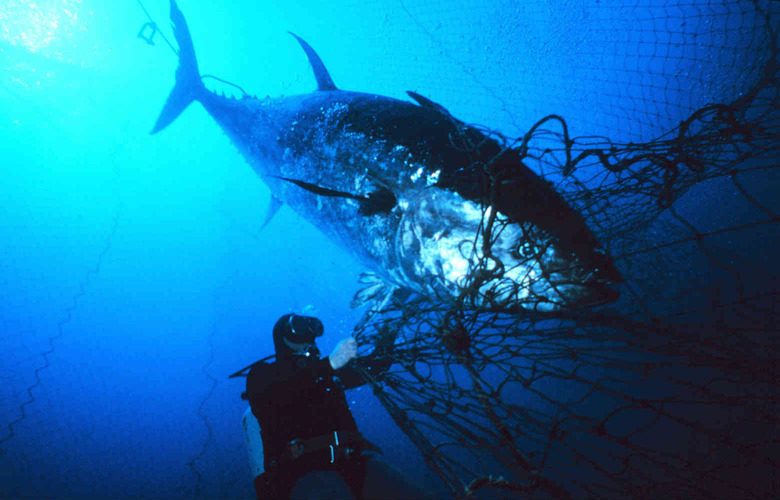Mercury Levels Are Dropping In Tuna Thanks To Green Energy
For decades, eating seafood — particularly tuna — has come with risks of mercury ingestion, the rates of which had skyrocketed due to both natural and manmade causes. But thanks to greener energy solutions and a decreased reliance on burning coal, scientists have seen a 19-percent decrease in mercury levels of bluefin tuna, according to a Stony Brook University study.
"The decline is real," Nicholas S. Fisher, a professor of marine sciences at the university, told The Columbian. "The decline is almost in parallel with declines in mercury emissions from coal-fired power plants and the decline of mercury in the air."
This conclusion was drawn from numerous studies conducted on Bluefin tuna off the coast of Maine from 2004 to 2012. Since coal-fired power plants began closing in 2008, the mercury levels in tuna have, in turn, decreased.
"It appears that the fish are responding almost in real time," Fisher said. "We thought that was pretty exciting."
Part of president-elect Donald Trump's platform was his promise to save the dying coal industry by repealing and easing up on anti-pollution legislation passed during the Obama administration. This campaign promise, according to Vox, would be impossible to achieve because the coal industry has surpassed natural gas in cost.
